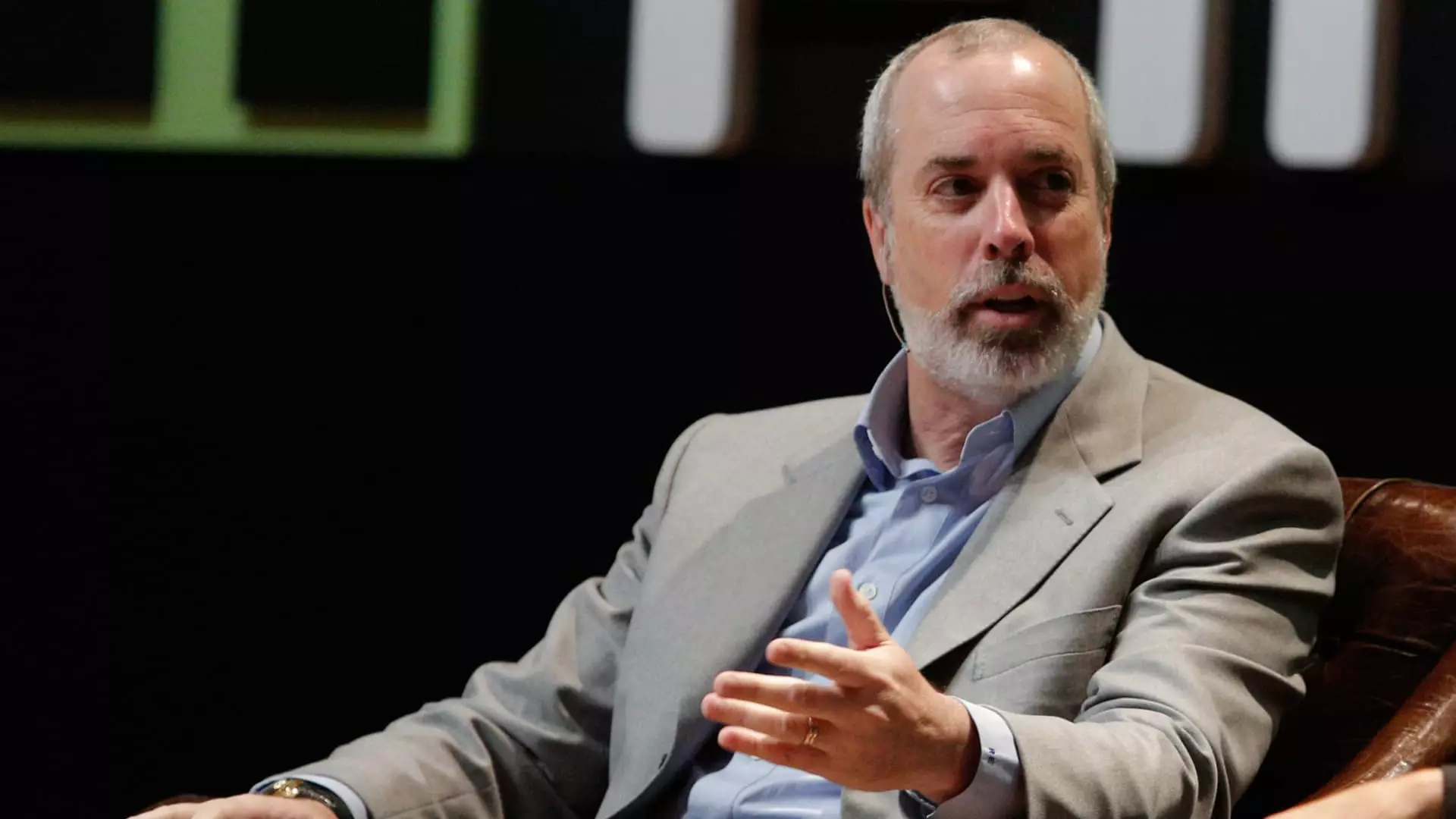In a landscape where financial independence is more crucial than ever, Ric Edelman, a prominent figure in the realm of personal finance, draws attention to a pressing issue: the pervasive lack of financial literacy among Americans. Speaking candidly on CNBC’s “ETF Edge,” Edelman asserts that efforts to enhance financial understanding have fallen short, and this deficiency poses significant threats as individuals face extended life expectancies. In a world where living longer is increasingly common, the urgency for robust financial planning has reached unprecedented levels. Edelman’s critique highlights a historical context where previous generations had little need to plan for long-term financial security due to shorter life spans; however, the shifting paradigm calls for immediate action.
The statistics supporting Edelman’s advocacy are sobering. With life expectancies on the rise, individuals must confront the harsh reality of outliving their savings. Edelman frames this dilemma within the context of the traditional investment strategies that have served individuals well in the past, such as the balanced 60-40 stock and bond portfolio. As the dynamics of longevity shift, so too must our approach to personal finance and investment paradigms.
The Myths of Quick Wealth
One of Edelman’s primary concerns is the allure of fast wealth among young investors, many of whom have succumbed to get-rich-quick schemes fostered by an increasingly digital finance landscape. The proliferation of trading apps and platforms emphasizes risk and speculative behavior over genuine investment principles. Data from the New York Stock Exchange reveal an alarming trend: nearly half of retail traders engaged in options trading strategies in 2022, with volumes reaching historic highs in 2024. The gamification of investing has not only led to a culture of financial gambling but has also compounded the vulnerability of novice investors eager to find shortcuts to wealth.
This risky behavior is compounded by a finance ecosystem that seems designed to entrap consumers rather than empower them. Edelman’s assertion that “corporate America” thrives on creating complexity for their financial products raises significant concerns. Overly complicated and exorbitantly priced investment vehicles often leave consumers feeling bewildered and at the mercy of corporate interests. In such an environment, young investors must prioritize sourcing information from reliable and transparent avenues rather than trending social media platforms that often lack substance and accountability.
Education: A Path Forward
Despite the disheartening state of financial literacy, there is a glimmer of hope: an increasing number of states are recognizing the importance of formal financial education. As of now, 27 states have instituted personal finance courses as a requirement for high school graduation, a significant step towards empowering future generations. These initiatives, prompted by a public outcry and advocacy from experts like Edelman, signal a gradual but necessary shift toward prioritizing financial education in our schools. This proactive approach aims to equip young adults with critical competencies necessary for managing their finances effectively, from mortgages to insurance and everything in between.
However, while educational advancements are underway, the mounting financial pressures on recent graduates pose additional barriers. Student debt and escalating living expenses leave little room for substantial investments, and many young adults find themselves navigating financial responsibilities without adequate resources. Yet, as Edelman notes, the drive for financial success among today’s youth remains remarkably strong. This generation, shaped by watching their parents grapple with insufficient preparation for retirement, is determined to break the cycle.
The Future of Financial Literacy
While challenges abound in the pursuit of financial literacy, the ongoing discussions initiated by leaders like Ric Edelman encourage a critical reevaluation of our approach to personal finance education. By fostering a culture of informed financial decision-making among young investors, we can harness their motivation and aspirations to transform the financial landscape. Emphasizing credible information and empowering individuals with the tools necessary for long-term financial success will unlock potential and mitigate the risks of financial missteps that plague so many today.
Investing in financial literacy is not just about teaching numerical skills; it’s about instilling confidence and resilience in young people as they embark on their financial journeys. The shift towards educated investing cannot happen quickly enough, as the implications of neglecting financial literacy will reverberate through generations. The call to action is clear, and the responsibility lies with both individuals and institutions to pave the way for a financially enlightened future.

